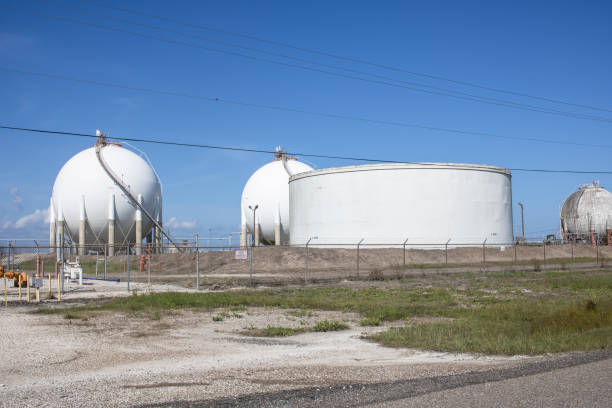Comprehensive Report on Establishing a Propane Manufacturing Plant in 2023

The “Propane Manufacturing Plant Project Report 2023” by IMARC Group is a detailed guide for individuals interested in setting up a propane manufacturing facility. This report spans from a broad industry overview to intricate specifics, including unit operations, raw materials, utilities, infrastructure, machinery, workforce requirements, packaging and transportation prerequisites, and more. In addition to operational insights, the report offers a profound understanding of the propane manufacturing process and project economics. This encompasses essential elements such as initial capital investments, project funding, ongoing expenses, revenue and expenditure projections, fixed and variable costs, direct and indirect fees, expected return on investment (ROI), net present value (NPV), profit and loss statements, and extensive financial analysis, among other critical metrics. Armed with this comprehensive roadmap, entrepreneurs and stakeholders can make informed decisions and embark on a successful journey in the propane manufacturing sector.
Propane, a versatile and widely used hydrocarbon gas, is pivotal in various applications. With a molecular formula of C3H8, it is a three-carbon alkane found in a natural state as a colorless and odorless gas. Propane is a valuable byproduct within the energy industry, obtained through natural gas processing and crude oil refining. Its clean-burning properties and high energy content have led to its extensive use as a heating, cooking, and transportation fuel source. Additionally, propane is significant in refrigeration and air conditioning systems, serving as an environmentally friendly refrigerant. Its portability, efficiency, and minimal carbon emissions have rendered it a favored choice in off-grid regions and ecologically conscious applications. Propane’s significance is reflected in its broad applications, contributing to energy efficiency, sustainability, and contemporary living.
Several key drivers and trends propel the propane market forward. The increasing demand for clean and efficient energy sources is a primary driver. With its low carbon emissions and high energy content, propane emerges as an attractive alternative to conventional fossil fuels like coal and gasoline. In a world committed to curbing greenhouse gas emissions and transitioning to more sustainable energy solutions, the demand for propane as a cleaner-burning fuel is expected to surge. The burgeoning residential and commercial sectors also play a role in driving propane demand. Propane is widely used for space heating, water heating, and cooking in homes and businesses, particularly in areas lacking natural gas pipelines.
Moreover, the transportation sector significantly fuels the propane market, as propane-powered vehicles offer lower emissions than gasoline or diesel. This makes them a compelling choice for fleet operators and eco-conscious consumers. Among the notable trends is the growing interest in propane as a refrigerant due to its low global warming potential (GWP). Furthermore, the market is experiencing a shift toward utilizing propane in renewable energy solutions. It is often integrated with renewable energy sources like solar and wind to provide dependable backup power or used as a generator fuel in off-grid applications.












